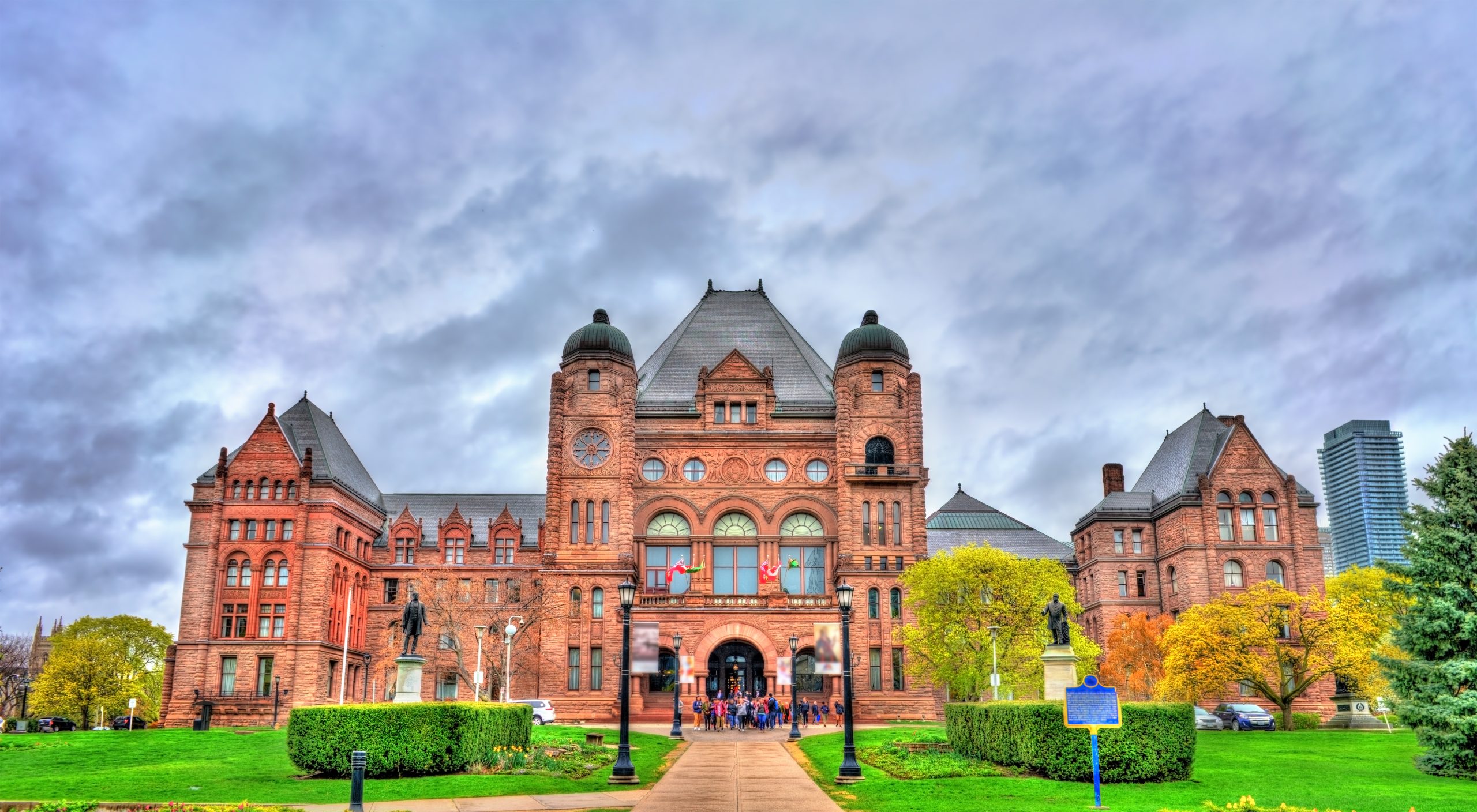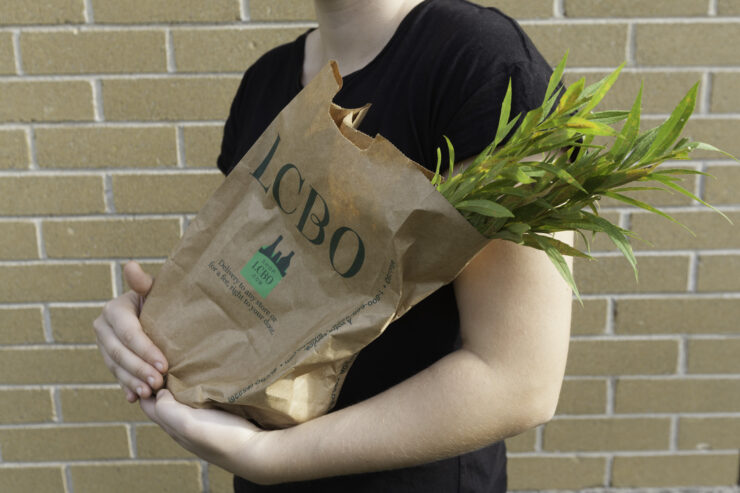“Kim, there’s people dying”
Starting March 12, 2022, when the Ontario government announced that drivers will save $120 annually (and $60 a year in Northern Ontario) in licence plate sticker renewal fees, I couldn’t help but be reminded of Maslow’s hierarchy of needs.
Maslow’s theory of human motivation operates bottom-up, placing society’s most basic physiological needs — food, water, and shelter — at the base of the pyramid. Complex needs pertaining to self-actualization are located at the top — like that of, say, owning your own car and having to pay additional fees.
So, when I saw this fee removal announcement, I couldn’t help but scoff, and think, “in times like these?”
While some Ontarians are happy to see this menial fee gone, I’m skeptical. Vehicle owners who have paid this fee since March 2020 will be receiving cheques in the mail as early as this month, and I’m sure they’ll be happy to receive them — good for them. At the same time, however, I wager that most drivers and non-drivers alike will barely notice at all. The Ontario government, on the other hand, will surely feel this change, as it is expected to cost them $1.1 billion annually.
I know what you’re thinking: I’m being nitpicky. I should count this a win for the people — the people that have a car to drive, that is. However, I see your criticism and raise you this: while the elimination of this $60-$120 annual fee alleviates a financial burden for drivers, there are far bigger fish to fry.
In lieu of prioritizing this privileged sector, I would like to see need-based policy-making prioritized by our provincial government. According to Maslow’s hierarchy of needs, this means putting populations lacking in security of their physiological needs first. Personally, eliminating a fee that benefits a wealthy, privileged majority simply is not at the top of my to-do list amongst unprecedented rates of homelessness, provincial mental health crises amidst pandemic strains, and a myriad of other issues placing disproportionate strain on marginalized Ontarians.
To be clear: I’m not pro-licence sticker renewal fees — I’m not a bureaucratic monster. In fact, it’s really not about the sticker fee at all. What I am in favour of is tackling the issues that affect populations in need before funneling government spending into reforms that are less impactful.
As such, I offer to you today a plethora of ways that $1.1 billion dollars of provincial government spending would be better served, in no particular order.
First of all, funnelling money into such a privileged sector while many Indigenous municipalities are without clean drinking water is exemplary of how this policy change is cruelly iniquitous.
Auditor General Karen Hogan criticized the Liberal government’s empty promise made in 2015 to lift all Indigenous municipalities’ water advisories by March 31, 2022. As that date soon approaches, the federal auditor states that many Indigenous populations will be forced to live without access to clean water for years to come without long-term solutions to ameliorate the situation.
Though this was a promise made by the federal Liberal government, there are currently 66 Ontario municipalities experiencing water advisories, though this number varies daily. So, as much as this was a federal promise, it is a problem affecting Ontarians every single day.
“If Toronto lacked access to clean water, it would be a national crisis resolved [without] delay. So why are Indigenous [people] treated differently?” NDP leader Jagmeet Singh asked in a tweet.
In 2021, the Canadian Senate voted to uphold the United Nations Declaration on the Rights of Indigenous Peoples. How, then, is it just that the government is willing to shell out $1.1 billion on appeasing the drivers of Ontario, but not on ensuring the health and well-being of Indigenous people?
Moreover, Ontario’s health care system would incontestably also benefit from financial aid, as both mental and physical health have much room for amelioration. As someone who spent the better part of last year being poked and prodded and in and out of waiting rooms, only to end up sans-diagnosis, I know too well the slow crawl the medical system is forced to take. Such is the issue of critical understaffing, one that is resulting in an absence of ambulances in Ontario.
With daily Code Blacks in Thunder Bay, Ontario, Ottawa going 15 hours without a free ambulance in December, and numerous cases of people passing before receiving medical attention, this critical understaffing is life-threatening. Canadians can boast of free health care all they please, but without access to this care, what are citizens to do? Emphasizing health care means supporting both the programs and workers that it depends on.
Psychiatrist waitlists, for example, can be as long as an average of 454 days, as reflected by a waitlist provided by the Canadian Mental Health Association. This is a wait time that a vast majority of people cannot afford. We can destigmatize mental health and encourage people to seek help in word, but when there is no one for them to actually seek help from, we lack progress in practice. This long wait time is the fault of a critical lack of funding that is endangering lives. Mental health is a killer, and it may be a silent one if Ontarians are without the option to speak up.
I can type my fingers raw with issues that would better benefit from provincial prioritization. Lifting water advisories, resolving critical understaffing, and prioritizing mental health are just three areas of many that not only need, but deserve more funding. Education, with respect to scholarships and providing quality public education, is another. As is incorporating more effective recycling programs and sustainability as a whole, et cetera, et cetera — the list goes on.
So, yes, that $120 fee is tedious. Sure. I can’t put it more simply than this: the removal of license sticker renewal fees is a pair of diamond earrings, Doug Ford is Kim Kardashian, and I am Kourtney Kardashian, futilely saying: “Kim, there’s people dying.”
When I heard about this rather random and minutely impactful policy change, I couldn’t help but be reminded of a John Mulaney bit concerning a gazebo built by a town in Connecticut in 1863 — also known as the middle of the American Civil War. As nice as the gazebo might have been, ask yourself this: were there larger issues that would’ve better served the attention of the entirety of the township? Taking an educated guess here, but I’m going to go with: most definitely.
It sounds to me an awful lot like a $1 beer platform — policy change that benefits a privileged population while an underprivileged one remains neglected. Priorities like these render the poverty cycle an infinitely spinning wheel.
There is often discourse placing culpability on consumers to “vote with our dollars.” Instead of placing the burden on individuals, I’d like to see the government practice this and put their money where their mouth — or platform — is.






